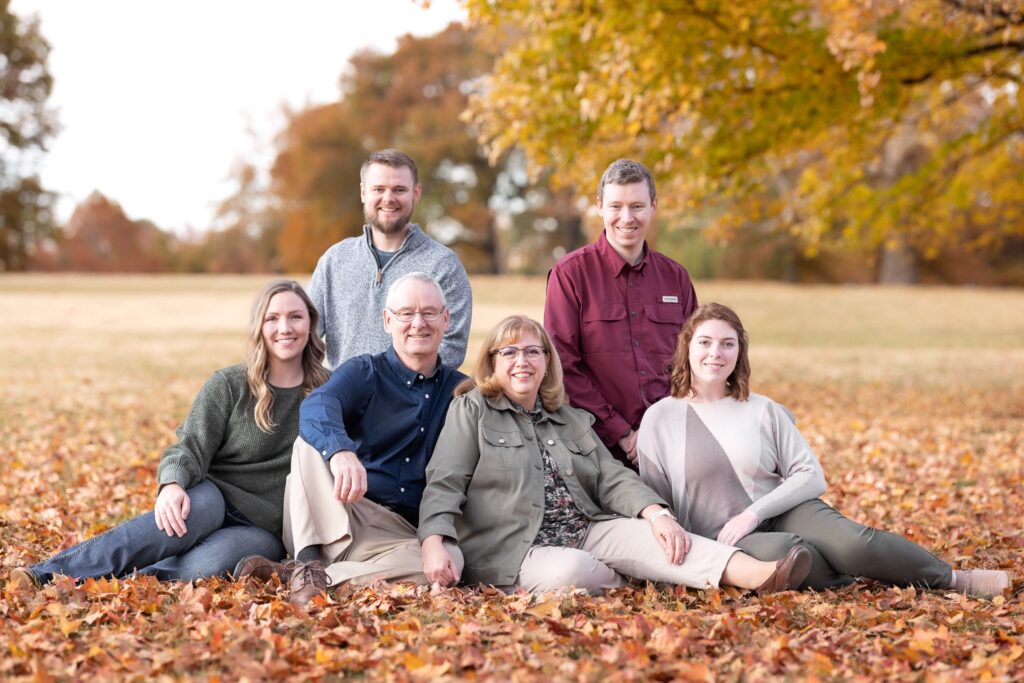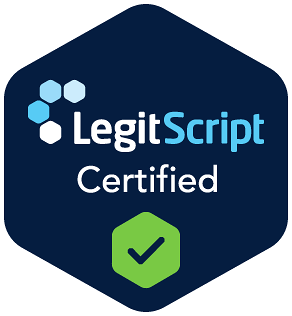altura crisis, altura recovery, altura recovery houston, family picture ideas with adult children
Supporting Families Through Addiction Recovery
At Altura Recovery, we understand that addiction affects not just the individual but the entire family unit. Our focus is on providing the necessary resources and support systems that empower families to navigate the complexities of addiction recovery together. By fostering open communication and mutual understanding, we help families rebuild their relationships while addressing the emotional and psychological challenges that arise during this process.
Through our tailored family programs, we aim to create a safe space where family members can express their feelings, learn about addiction, and develop strategies to support their loved ones effectively. Our approach emphasizes the importance of family involvement and highlights the transformative power of healing together.
Understanding the Impact of Addiction on Family Dynamics
Addiction does not exist in a vacuum; it profoundly impacts family dynamics and relationships. Family members often experience a range of emotions, from guilt and anger to confusion and helplessness. Understanding these dynamics is crucial for healing, as it allows families to recognize patterns of behavior that may have developed as a result of addiction.
We provide educational resources and workshops that delve into the psychological effects of addiction on family members, enabling them to identify their roles and responsibilities within the family system. By addressing these issues, families can begin to break the cycles of dysfunction and create healthier interactions moving forward.
Strategies for Effective Communication in Recovery
Effective communication is a cornerstone of successful family recovery. At Altura Recovery, we teach families how to engage in constructive dialogues that foster understanding and empathy. This involves learning to express feelings without blame and actively listening to one another's experiences and perspectives.
Our workshops focus on practical communication strategies, such as using "I" statements, setting aside time for family discussions, and practicing active listening skills. By improving communication, families can create a supportive environment that encourages openness and healing, ultimately contributing to the success of their loved one's recovery journey.
Long-Term Support: Building Resilience in Family Systems
Recovery is a lifelong journey, and families must be equipped to provide ongoing support. At Altura Recovery, we emphasize the importance of building resilience within family systems. This involves developing coping strategies, maintaining healthy boundaries, and fostering a supportive network that extends beyond the initial recovery phase.
We offer resources such as support groups, ongoing therapy sessions, and educational materials to help families navigate the challenges that may arise post-recovery. By prioritizing long-term support, families can not only help their loved ones maintain sobriety but also strengthen their own emotional well-being, ensuring a healthier family dynamic for years to come.





